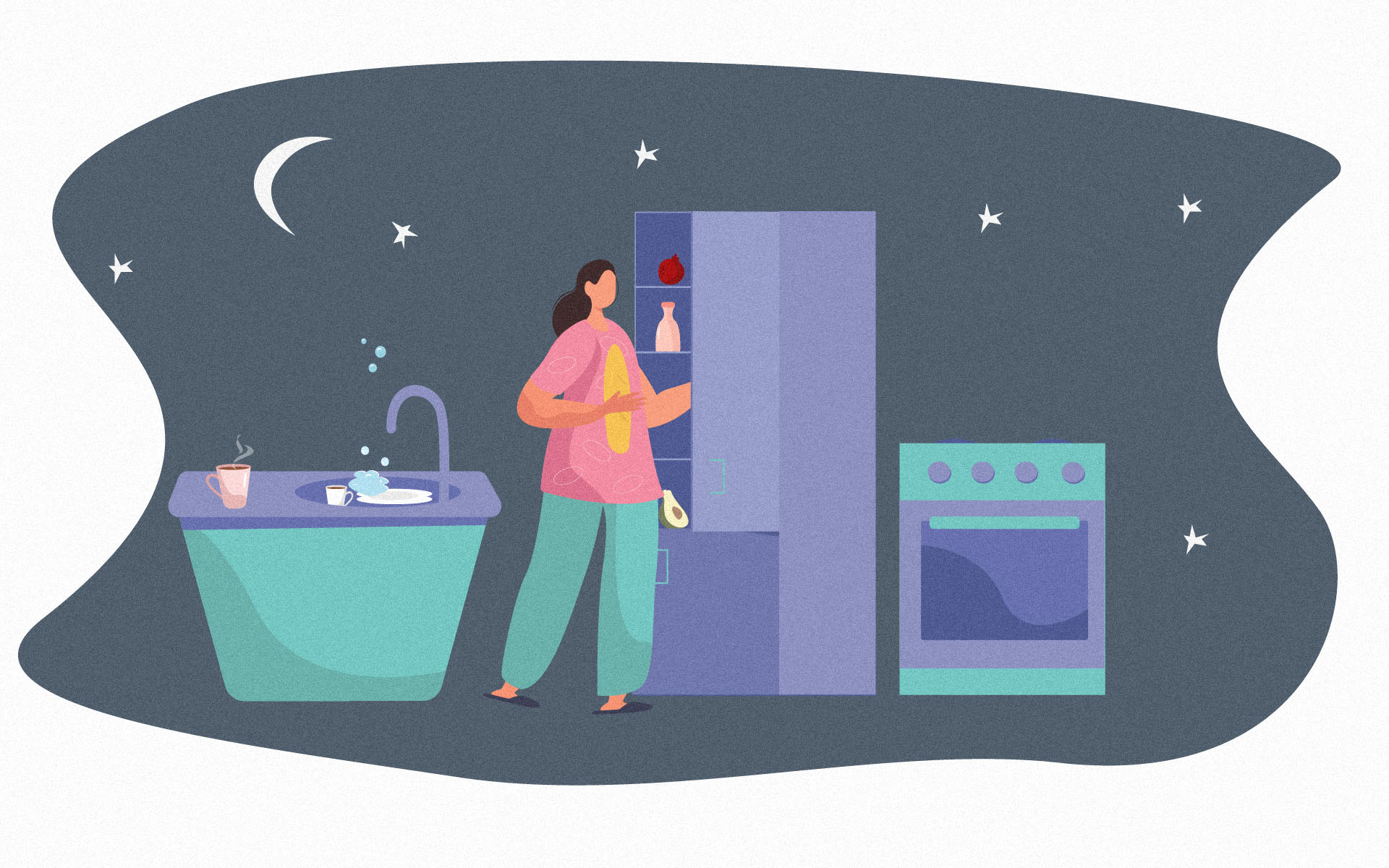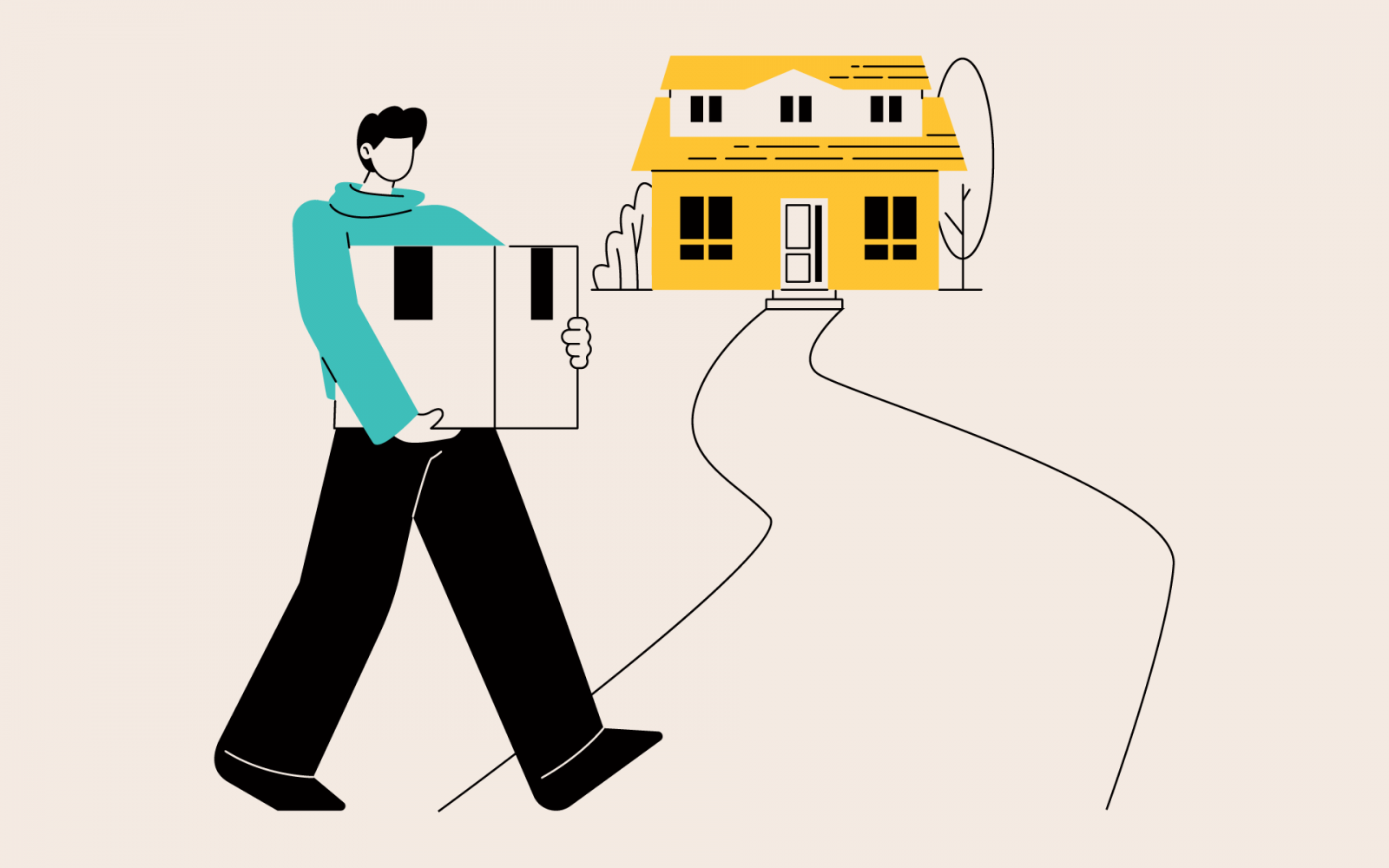How to get out of your comfort-eating zone

Eating for comfort is common in stressful times. Here’s some expert advice on beating the habit.
Eating for comfort is common in stressful times. Here’s some expert advice on beating the habit.
Poets do it. Movie characters do it (typically on the sofa, with an entire tub of ice cream). Chances are, you do it too.
Comfort eating is a well-established and widely appreciated response to stress. But why do we do it, and what is it about certain foods that makes us feel better?
People comfort-eat for many different reasons, says nutritional therapist, Lauren Marsh. The most common reason, as the name suggests, is comfort.
“Food is one of the first pleasure sensations that humans experience,” says Marsh, “and just as the feeling of fullness brings reward, so does the actual sensation of eating”.
There are many physiological, emotional, and environmental factors that trigger and reward comfort eating, from pleasant childhood associations to the energy-boosting and short-lived effects of a blood-sugar surge.
As is the case with so many human behaviours, it all begins in the bloodstream, where a cocktail of hormones conducts the ever-unfolding play of our daily lives.
The three main hormones associated with comfort eating are cortisol, dopamine, and serotonin.
Cortisol, or the “stress hormone”, is responsible for keeping the body on high alert in prolonged periods of stress – unlike adrenaline, which triggers the body’s initial and more acute fight-or-flight response.
While adrenaline suppresses the appetite to free us up for immediate action, cortisol has the opposite effect, increasing the appetite and encouraging us to power up for whatever might come next.
And it isn’t just any kind of food that we want. A 2007 review in the journal Nutrition links chronic stress with increased cravings for foods that are high in sugar and fat.
While these energy-dense foods may have served our ancestors well in the face of prolonged stress and real physical danger, they do more harm than good in a world filled with more intangible stressors and supersized, super-processed meals.
Once cortisol has triggered us to comfort-eat, serotonin and dopamine step in to sweeten the deal by creating those much-needed feelings of comfort and relief.
Serotonin is the major chemical involved with our emotions and mood state, says Marsh. “It’s the ‘feel-good’ neurotransmitter that gets released when we eat food that brings us pleasure.”
Dopamine plays a powerful role in reward and reinforcement, not to mention addictive behaviour patterns. According to a study published in Neuropharmacology in 2011, sugar may have an even bigger impact on the brain’s reward system than cocaine or heroin.
Together, these hormones make a convincing physiological case for comfort eating, setting us up for a life of habitual snacking in response to stress.
“A person can learn new tools in order to feel comfort,” says Marsh. Therapy can be beneficial, while exercise has also been shown to release the same chemicals as comfort food.
It’s all about identifying and developing more effective stress-reduction habits, says licensed psychotherapist and author, Karen R Koenig.
As a specialist in treating compulsive, emotional, and restrictive eating, Koenig recommends reducing external pressures as much as possible, and working with a mental health professional to address harmful thought patterns.
Reducing your daily stress levels is also a vital part of the recovery process. Mindfulness techniques, such as meditation, can also be useful, along with quality sleep and a balanced diet.




